During the summer, plants can keep your house cool. Through the pores of their leaves, called stomata, plants absorb carbon dioxide from the atmosphere, which they use for photosynthesis. Then, through the same pores, they release water. The process is called evapotranspiration and cools the plant just as transpiration cools people. It also helps to lower the temperature in the surroundings.
The bright side put together some plant options that can freshen up your environment and decorate your home at the same time.
1. Rubber tree
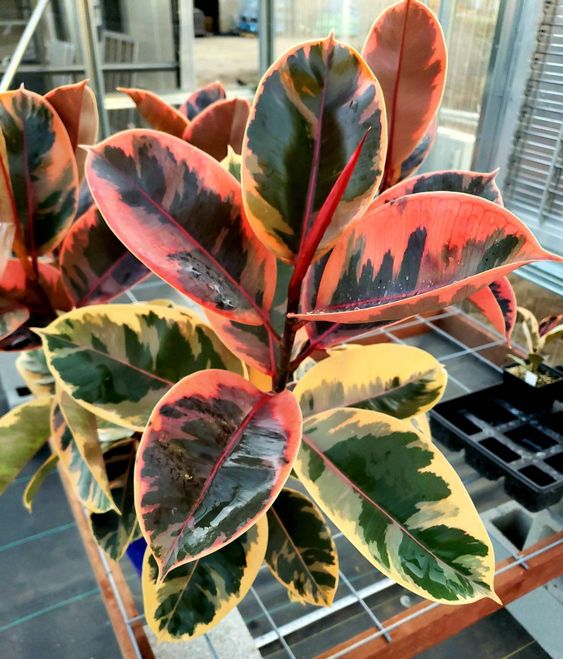
This species takes in water through its roots and then releases moisture through pores found on the underside of its leaves. The more leaves it has and the bigger the leaves, the more moisture it will release.
Place it preferably next to a shade. The rubber tree requires a bright space and can withstand direct sun exposure for a few hours a day, as long as the sun is not too intense. As for watering, try not to overdo it. Water until the substrate is almost completely dry.
2. Boston fern
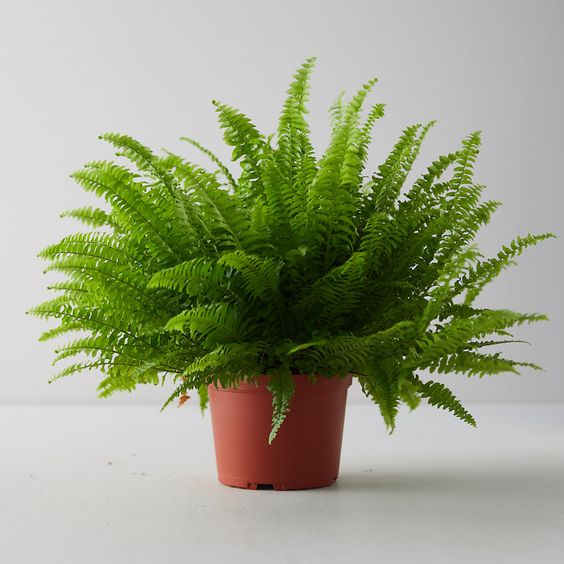
It is a popular houseplant that is often grown in hanging baskets or similar conditions. It can suck formaldehyde, xylene and toluene from the air. Although the fern prefers half to full shade outdoors, it does not grow in shade indoors and responds best to strong filtered light. It needs abundant watering, quality soil and plenty of space to grow.
3. Sansevieria trifasciata
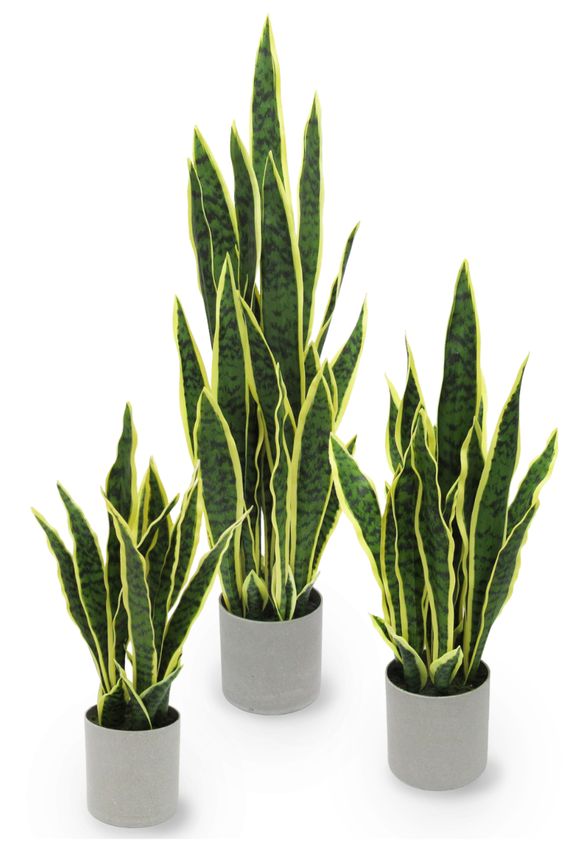
The cow’s tongue, donkey’s ears, mother-in-law’s tongue or snake’s tail, as it is called, has the ability to purify the air and regulate the temperature of the spaces where it is found, especially during the nights, when the microscopic pores of its leaves are opened to transpire.
This species is very resistant to adverse environmental conditions, such as dry and hot air, scarce watering and little light. It is recommended to water only when the substrate that was last used dries out.
4. Pothos
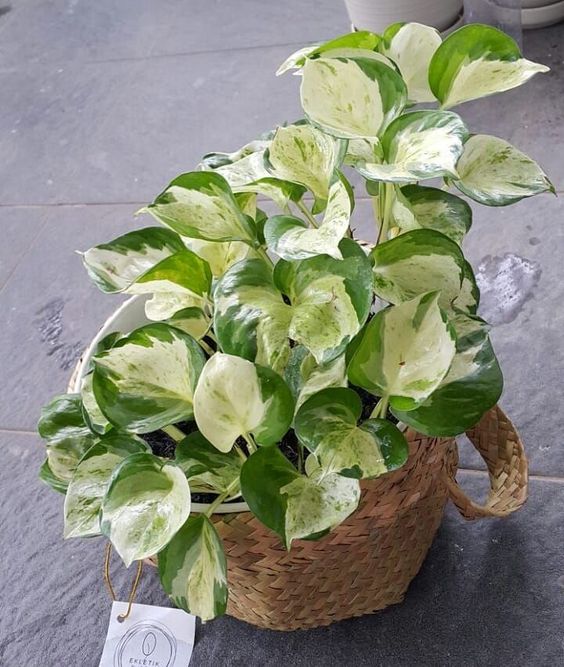
This vine is capable of regulating temperature, as well as eliminating indoor pollutants such as formaldehyde, xylene and benzene.
As an indoor plant, it can grow several meters tall if given sufficient support. Best results are achieved by providing it with medium indirect light. It tolerates intense brightness, but long periods of direct sunlight burn the leaves. In general, it only needs to be watered when the soil feels dry to the touch.
5. Ribbon plant
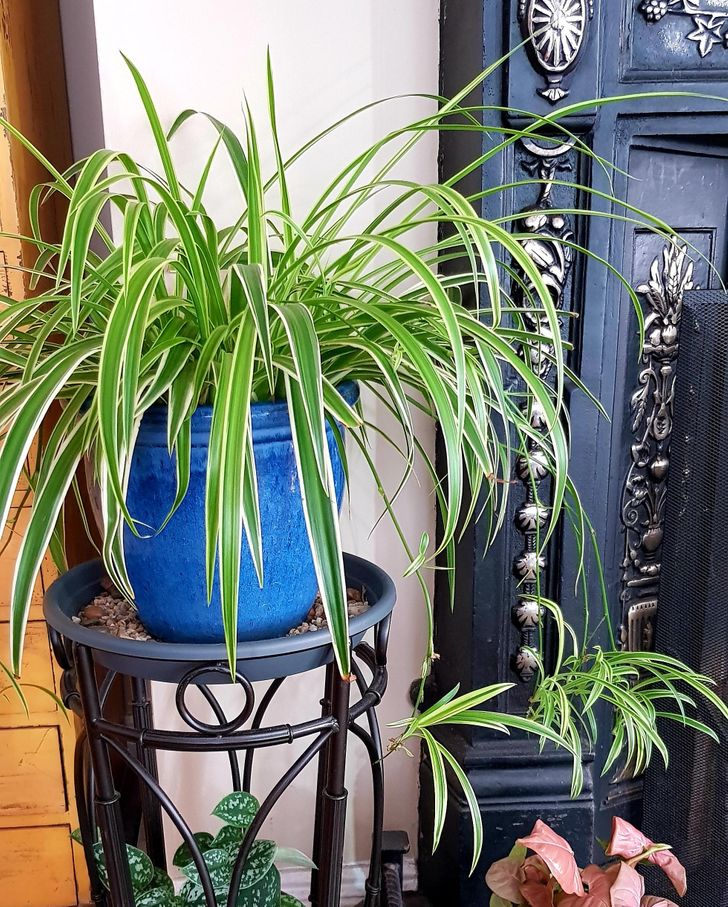
The ribbon plant or spider ivy is a plant that can improve air quality and absorb heat quickly to balance the temperature of the room where it is located.
Indoors, it is ideal to place it in a well-lit room, but without direct exposure to the sun’s rays. They should maintain a constant level of humidity: two abundant waterings per week during the warm months. During the cold months, one watering a week or every ten days is enough.
6. Weeping fig
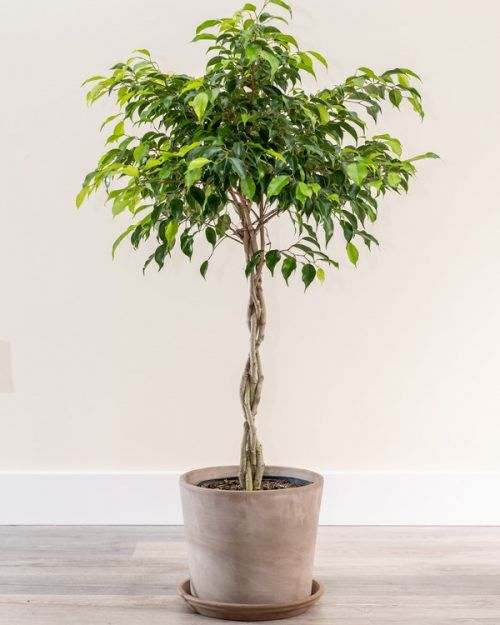
One of the few trees that grows well indoors is ficus, which helps keep the air moist and fresh. It also removes common toxins from the air in the home. This tree grows well in sunny, bright conditions. It requires a moderate amount of watering in the summer and just enough to keep it from drying out in the winter.
7. Aloe vera
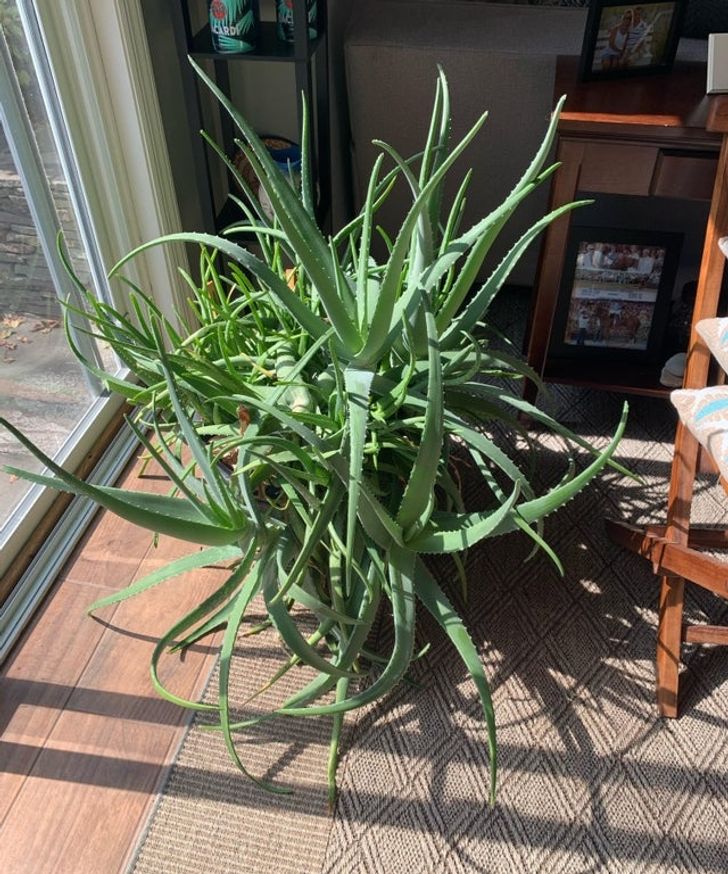
Recognized for its cosmetic and medicinal use aloe vera or aloe vera plant is perfect for refreshing the environment in your home, as it can regulate the temperature.
Maintaining an aloe vera plant is very easy, as it is a plant that requires very little care. You can water it only when the soil looks dry or a little cracked; during the winter season, no more than once a month. It requires a lot of light so it is important that you place it in a place where it gets the most sun, it can be near a window.
8. Peace lily
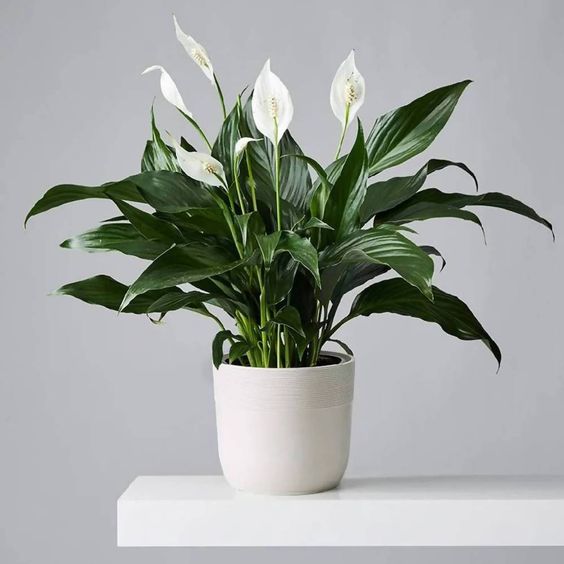
The spathiphyllum or peace lily is a plant that can absorb excess moisture and thus normalizes the temperature. For it to develop in perfect conditions, place it in a warm place, away from direct sunlight. Water it with distilled or rainwater to keep the soil moist. You can fill a syringe and water it daily.
9. Areca palm
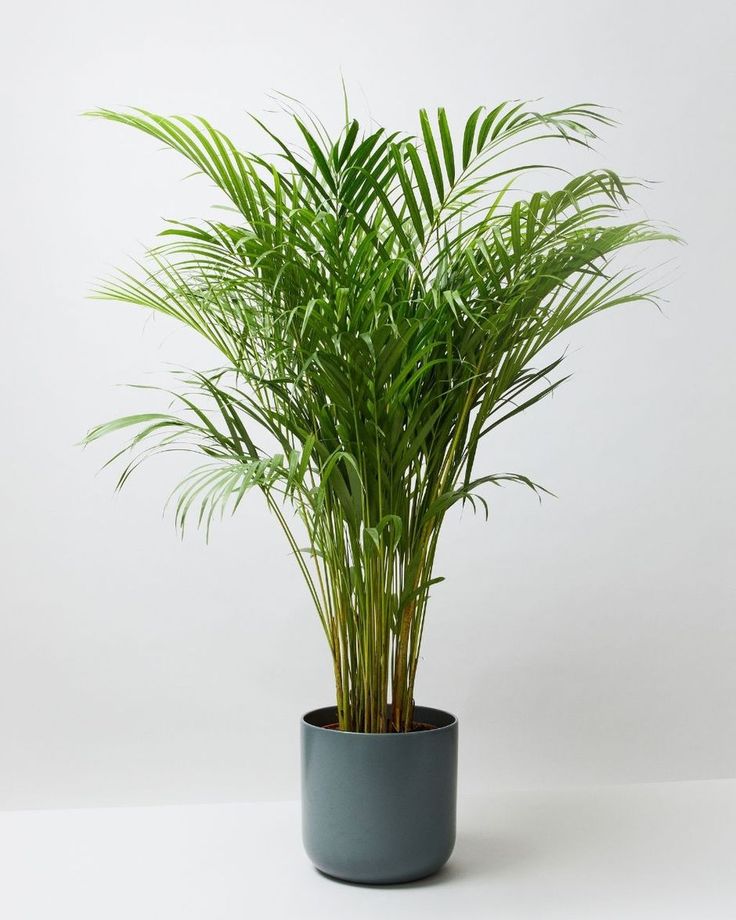
It is one of the plants with the greatest air-purifying power because it significantly reduces the levels of formaldehyde and benzene in the environment. It needs shade or partial shade to live in good conditions. If it does not have enough light, the plant tends to weaken.
In 24 hours, a two-meter-tall plant passes through its leaves a liter of water, so it requires some attention. The root ball (the soil surrounding the roots) should always be kept moist, but not excessively so.
10. Aglaonema
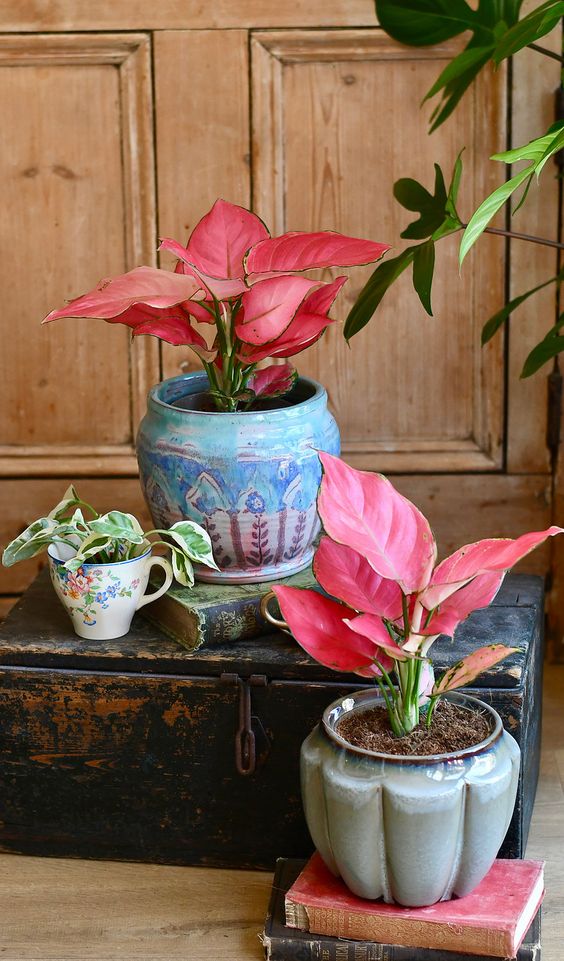
It is an easy-care plant that thrives in low to medium light conditions. It generally grows less than half a meter and helps remove harmful toxins from the household air. At the same time, it humidifies indoors and cools down the temperature. There are many leaf varieties of this plant; if your goal is to cool the environment, choose one with lush foliage. It is important to consider that its leaves contain an irritating substance that can be toxic to pets.
Do you like having plants at home? How many and what species do you have? We would love to see a picture of them.








